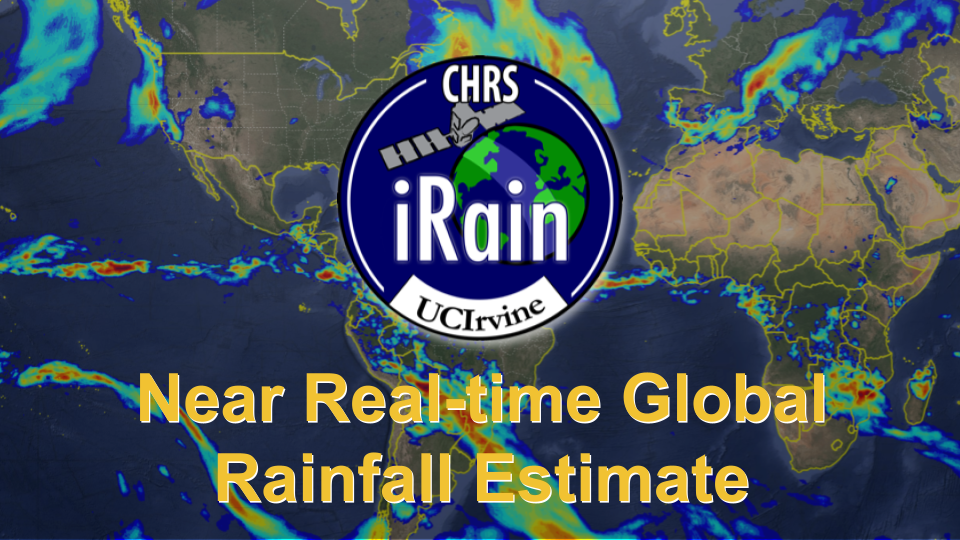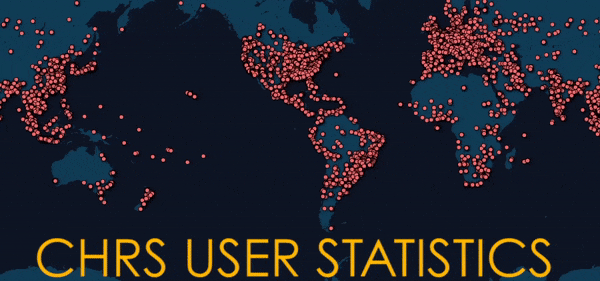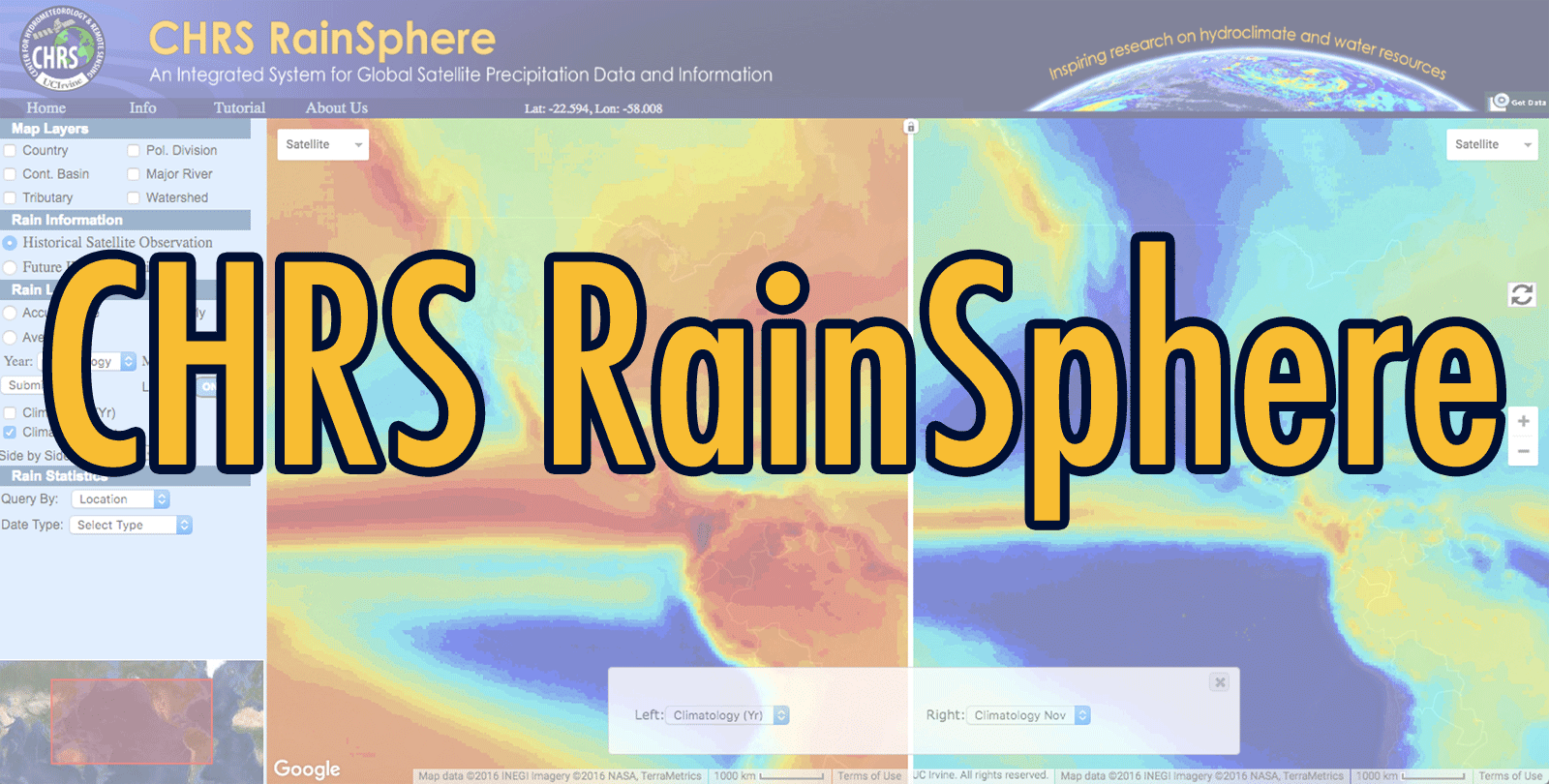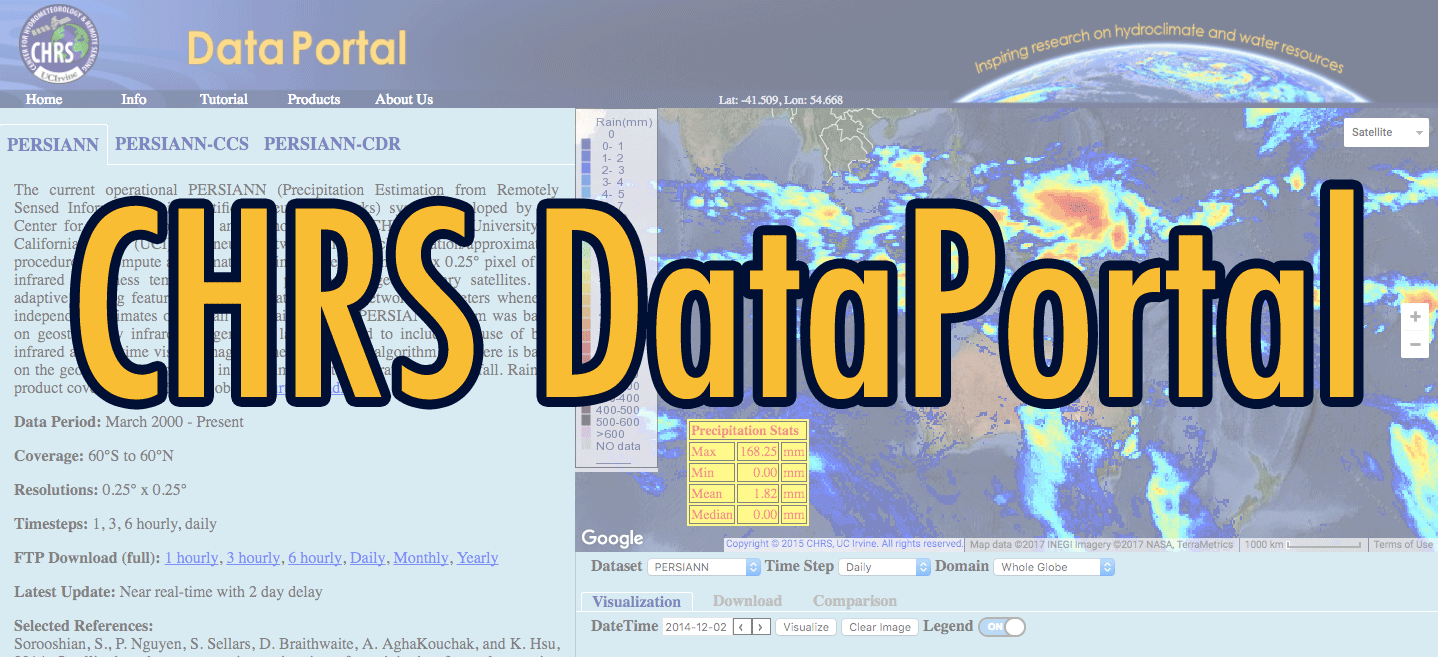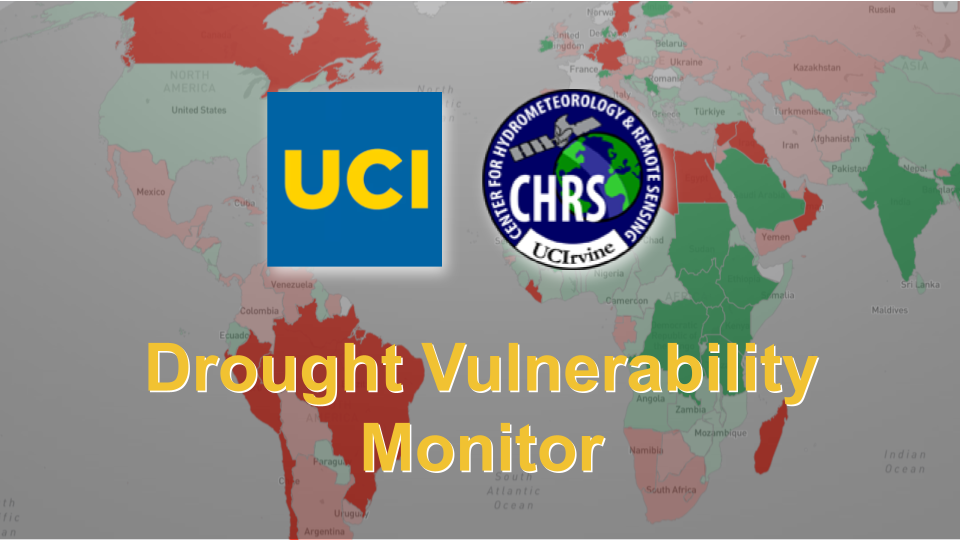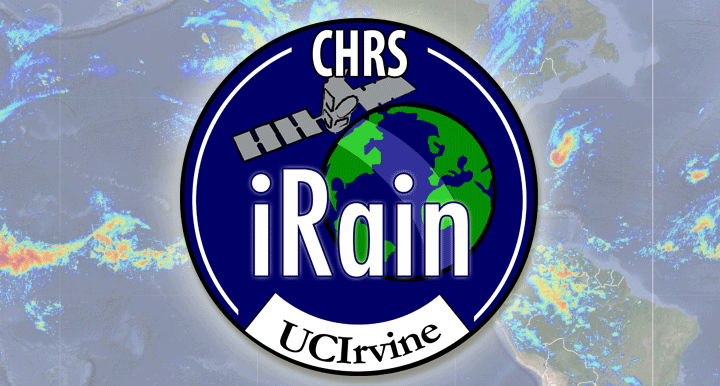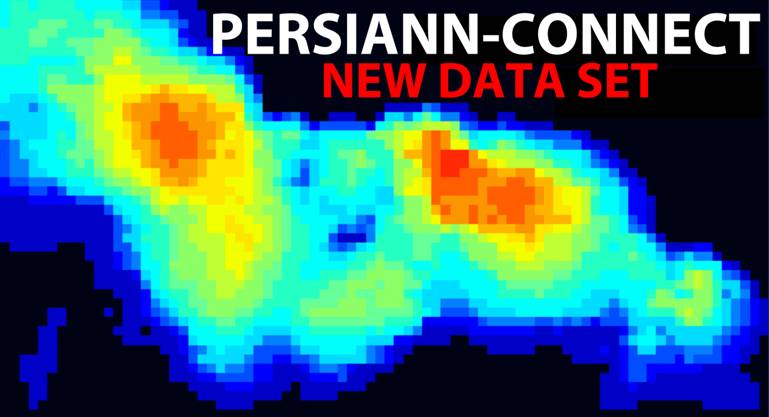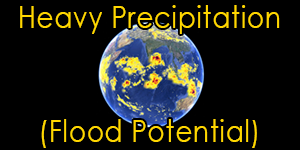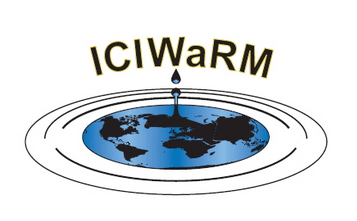NASA Research Projects
PMM / IMERG
Integration of PERSIANN-CCS in the Next-Generation GPM Multi-Sensor Precipitation Retrieve Algorithm
Introduction
Maximizing the utility of satellite precipitation observations in operational hydro-meteorological applications requires precipitation measurements in near-real time and at fine spatial and temporal resolutions. With NASA's Global Precipitation Measurement (GPM) Multi-Satellite Working Group, this project has a specific goal to develop a next-generation GPM multi-sensor precipitation retrieval algorithm, "IMERG" (Integrated Multi-satellitE Retrievals for GPM). IMERG is designed to develop a merged precipitation algorithm for use in GPM. It combines the precipitation estimates from various satellite passive microwave (PMW) sensors into half-hourly fields and provides them to both the CPC Morphing-Kalman Filter (CMORPH-KF, Joyce and Xie 2011) and the PERSIANN-CCS (Precipitation Estimation from Remotely Sensed Information using Artificial Neural Networks-Cloud Classification System) re-calibration scheme. The proposed activities will support developing, testing, and implementing the re-calibration of PERSIANN-CCS algorithm in GPM IMERG. GPM ground validation (GV) data and the national radar network will be used to validate the estimation.
The objectives of this project are to:
- Develop the IMERG multi-sensor precipitation retrieval algorithm with the overarching goal to minimize lead time while maintaining high-quality precipitation estimates at high resolution.
- Continue the development and quality improvement of PERSIANN-CCS including the integration of passive microwave rainfall information to adjust PERSIANN-CCS rainfall estimates.
- Perform product validation using National Weather Service Stage IV radar estimates, National Severe Storm Laboratory Q2 radar data and the GPM ground validation testbed and field campaign measurements.
MEaSURES
Next-Generation Global Precipitation Climatology Project (GPCP) Data Products
Introduction
This project will generate PERSIANN precipitation estimation supporting the next generation (Version 3) of GPCP merged precipitation products, which will involve a shift to new data streams, advanced merger techniques, and finer time and space resolutions. CHRS investigators will develop the techniques to generate precipitation analysis at 0.5-degree daily scale and provide quality control and validation of the products. The 0.5-degree daily produce will cover the period 1982-present for daily product.
The objectives of this project are to:
- Finalize PERSIANN working with GridSat-B1 with and without routine PMW calibration.
- Revise observational dataset schemes where the test year reveals issues of procedure or quality and begin routine updates.
- Test PERSIANN data set during the pre-DMSP era and evaluate workability of approaches and quality of resulting data sets.
- Ensure that the PERSIANN data set is as current (but complete and stable) as possible.





